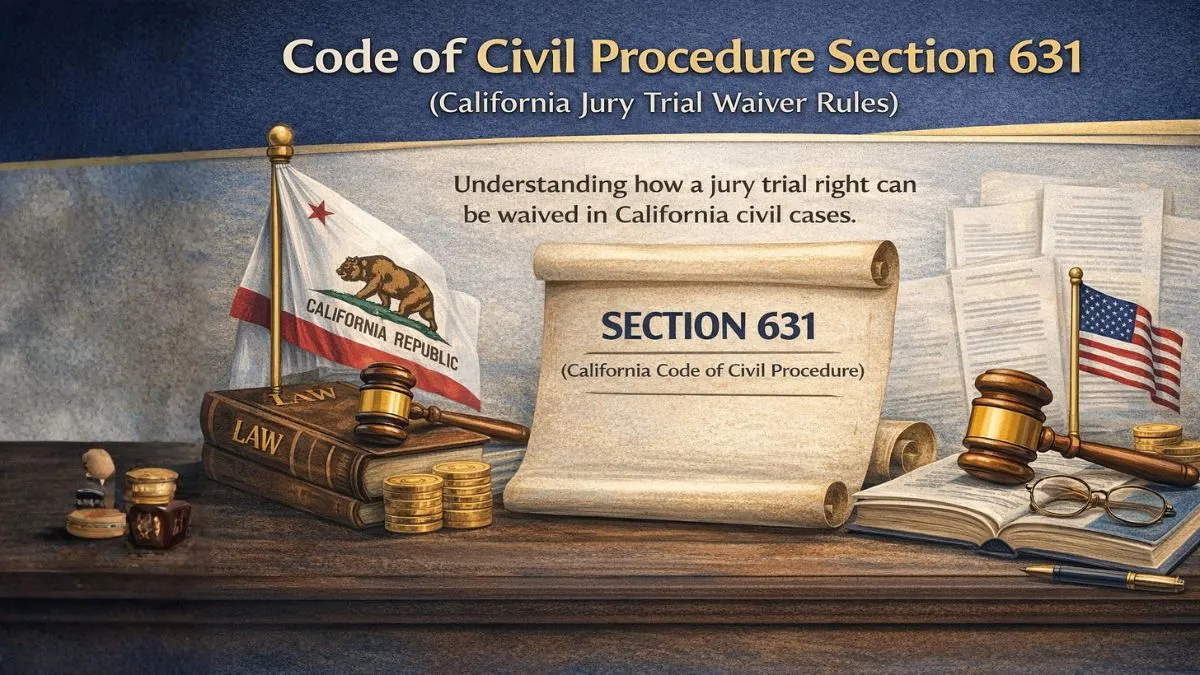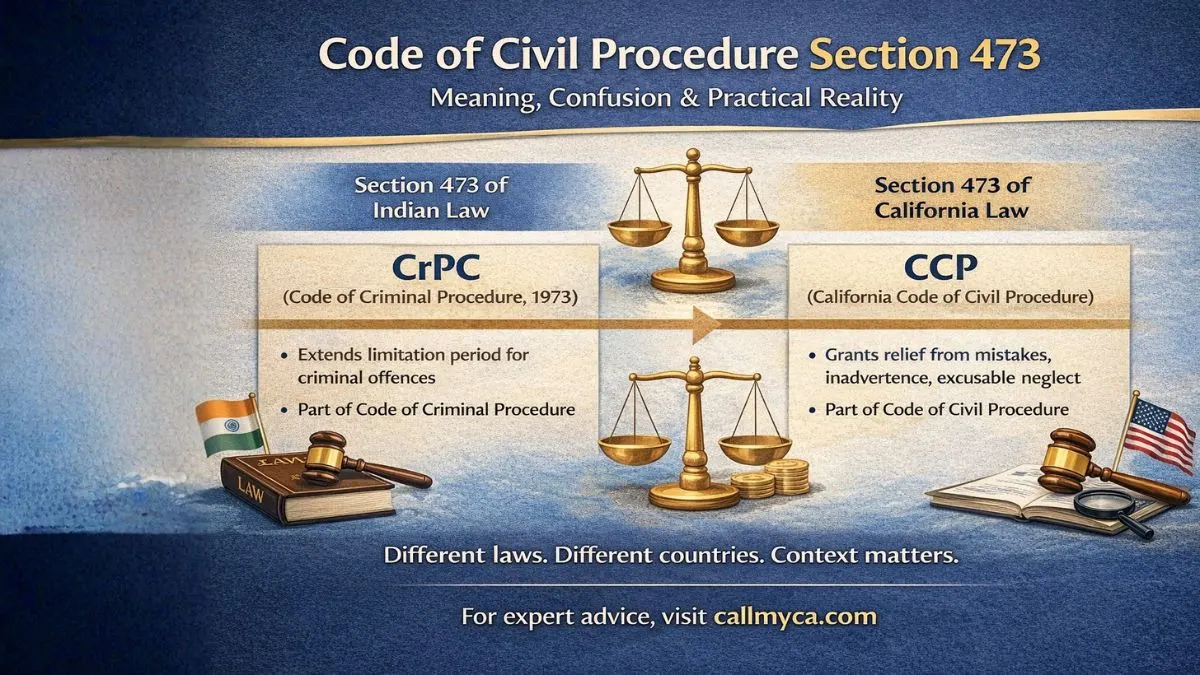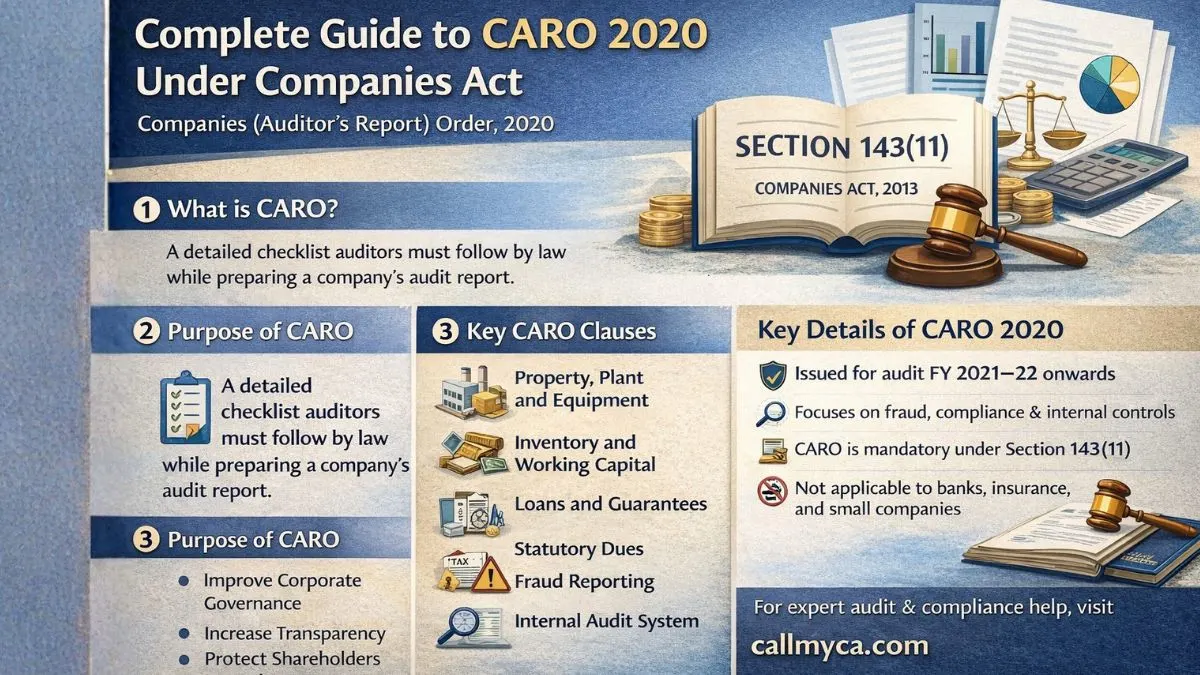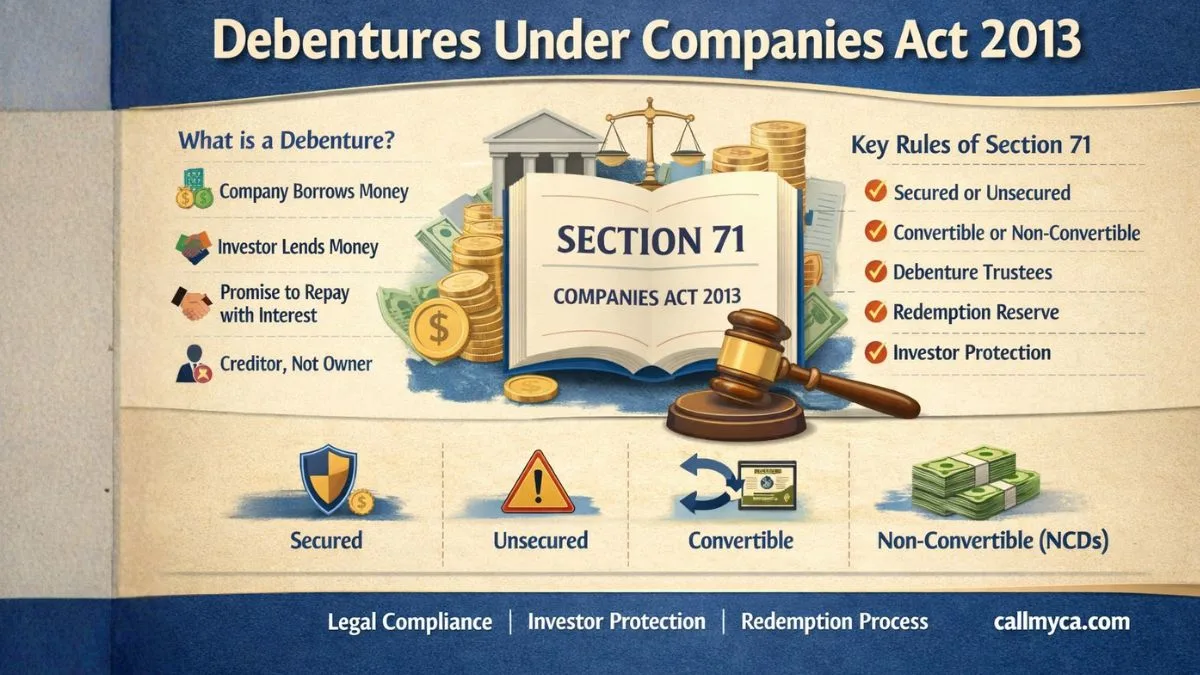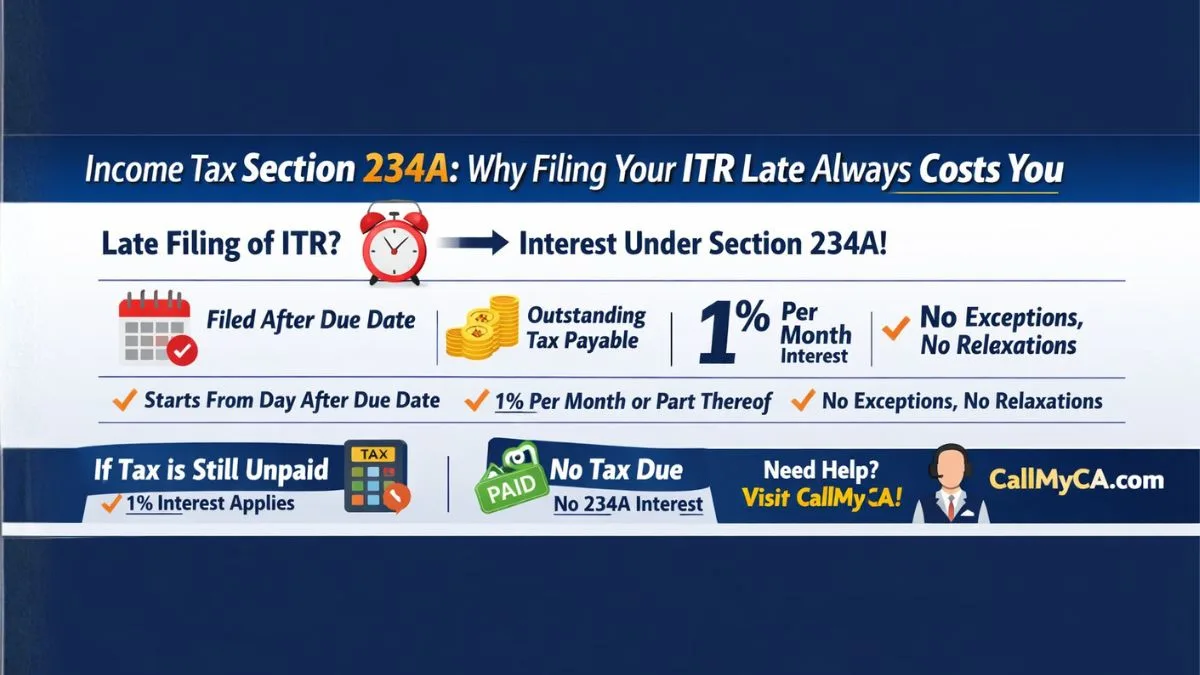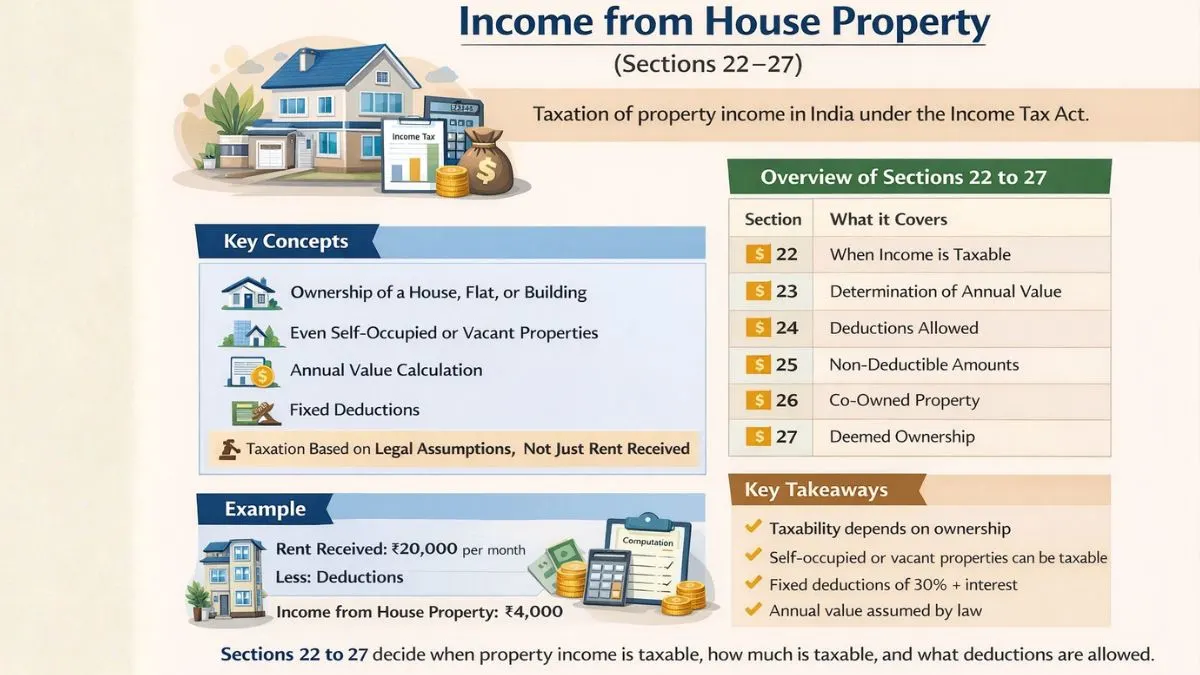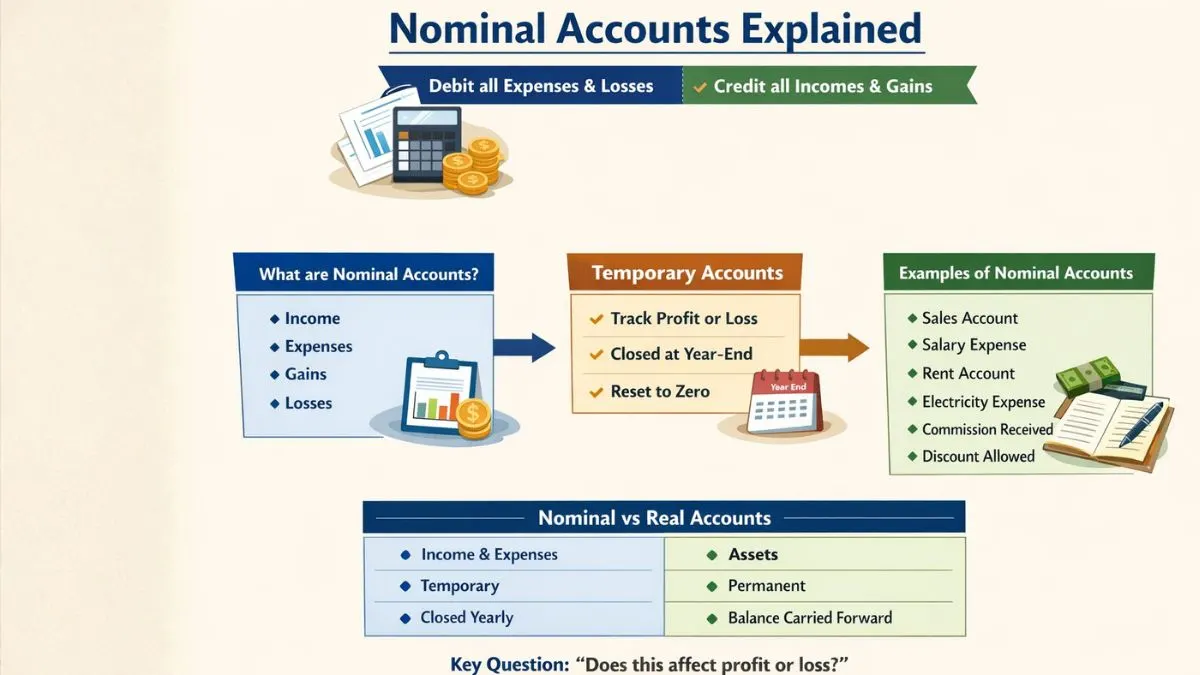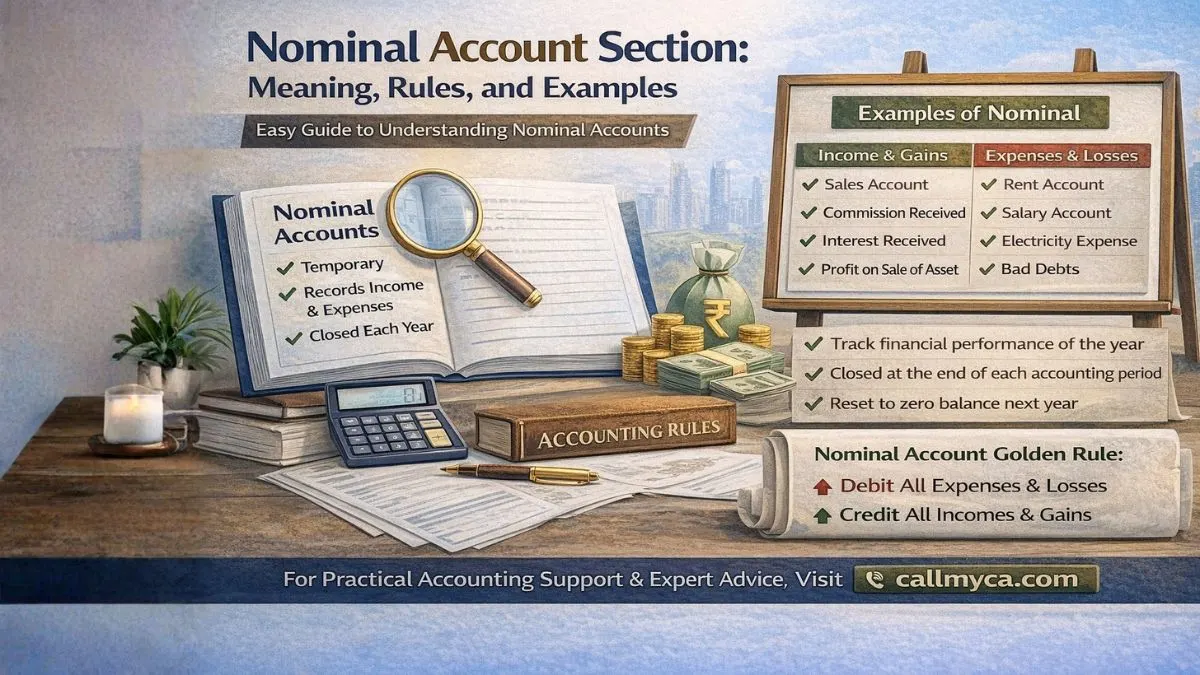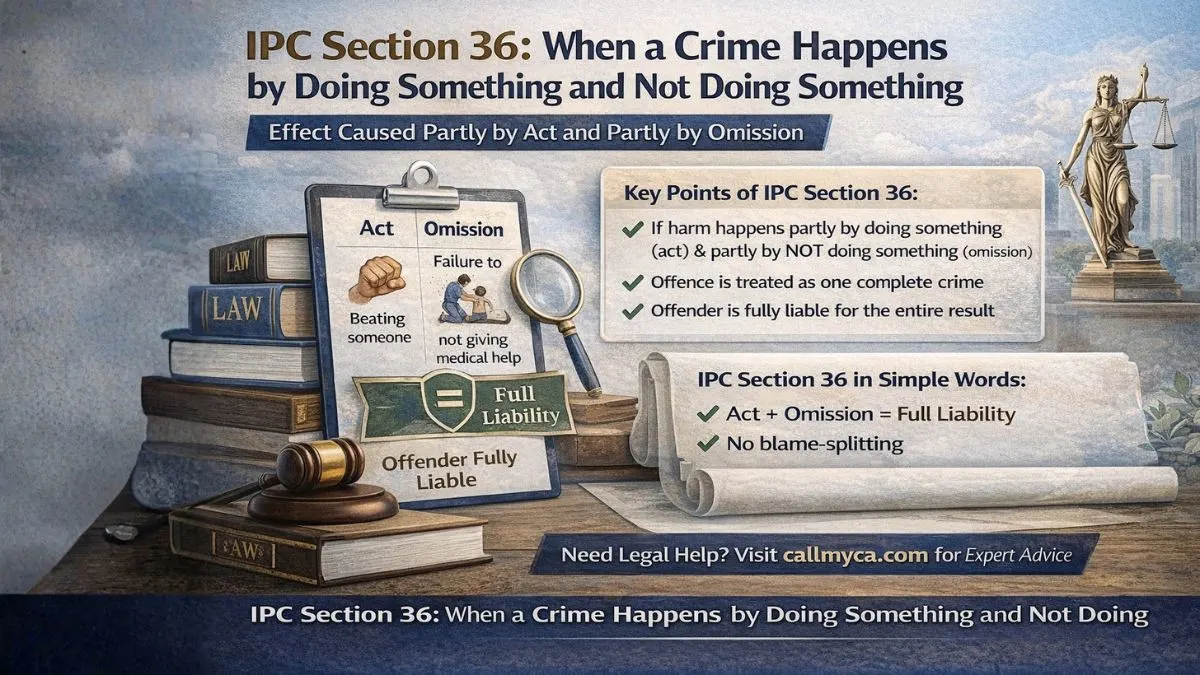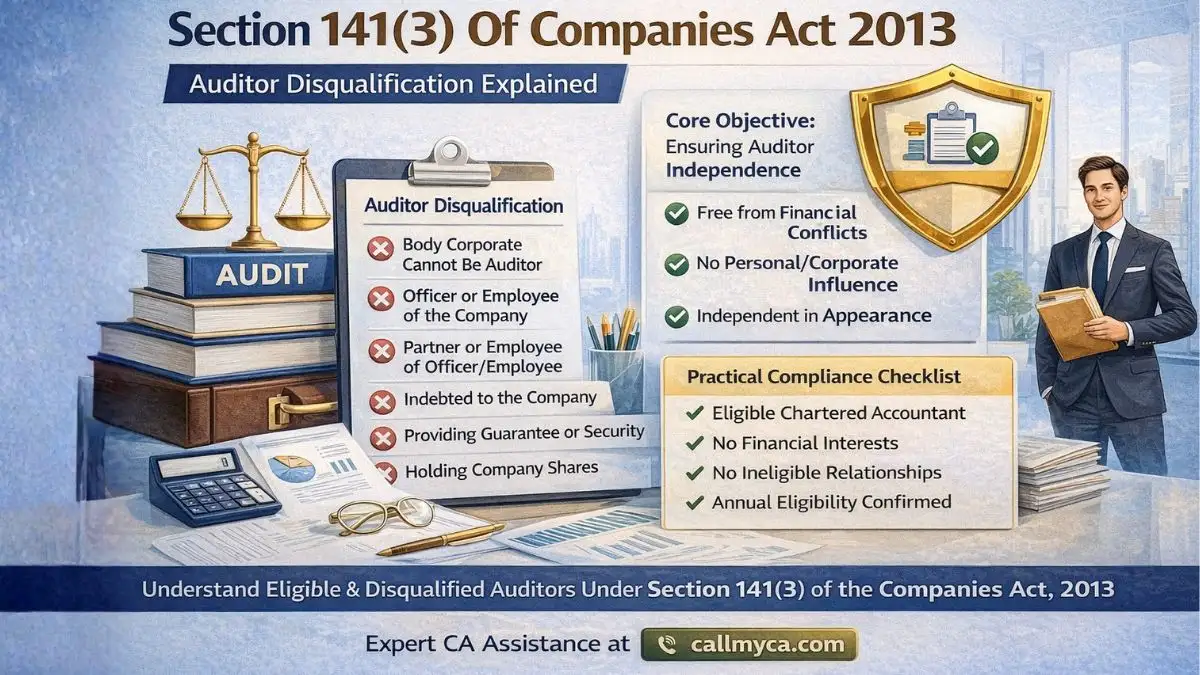
Section 10(14)(i) of Income Tax Act: Tax-Free Allowances for Work-Related Expenses
Introduction
Not all components of your salary are taxable. Some allowances are specifically given to help you perform your job better, and the government acknowledges that through tax exemptions.
Section 10(14)(i) of the Income Tax Act offers full tax exemption on certain allowances provided strictly for official duties. These are not personal benefits; they are reimbursements for job-related expenses.
Let us understand how this works and how you can claim it correctly during tax filing.
What Is Section 10(14)(i) of the Income Tax Act?
Section 10(14) provides exemptions for two broad categories of allowances:
- Clause (i): Allowances granted to meet expenses wholly, necessarily, and exclusively incurred for official duties
- Clause (ii): Personal allowances like Leave Travel Allowance (LTA), children’s education allowance, etc., which are exempt only to a limited extent
This blog focuses on Clause (i) which is fully exempt when used appropriately for official purposes. These rules are governed under Rule 2BB of the Income Tax Rules.
List of Allowances Exempt Under Section 10(14)(i)
The following allowances are fully exempt, provided they are granted for official duties and actually used for the specified purpose:
- Travelling Allowance – For covering travel expenses related to office work
- Daily Allowance – For expenses incurred on tour, transfer, or official duty
- Conveyance Allowance – For traveling from office to duty sites (not for daily commute)
- Helper Allowance – To pay for an assistant or peon engaged in official work
- Academic or Research Allowance – For professional or academic research
- Uniform Allowance – For the purchase and maintenance of official uniforms
Note: These are exempt only if the employee incurs the expenses and the employer officially provides the allowance.
Real-Life Example
Scenario:
- A government employee receives Rs. 1,500 per month as uniform allowance
- They spend Rs. 12,000 annually on uniform maintenance
- This allowance is fully exempt under Section 10(14)(i), if proper records are maintained
If the employee does not spend the allowance or does not use it for official purposes, it becomes taxable.
Documentation Required
To support your exemption claim under this section, you should maintain:
- Salary slip clearly showing the allowance component
- Bills or invoices (if reimbursement-based)
- Official or HR policies outlining the allowance
- A declaration stating the allowance was used for official duties (if required)
You do not have to submit these during ITR filing, but they may be needed during scrutiny or audit.
Frequently Asked Questions
Is there a monetary limit on exemption under Section 10(14)(i)?
No. The exemption is based on the actual allowance received and spent for official duty. There is no specified limit.
Is this allowance applicable to private sector employees?
Yes. Both government and private employees can claim it, provided the allowance is for job-related expenses and actually used.
Can I claim this allowance under the new tax regime?
No. Section 10(14)(i) exemptions are not available if you choose the new tax regime under Section 115BAC.
How is this different from Section 10(14)(ii)?
- Clause (i): For duty-related allowances (fully exempt)
- Clause (ii): For personal allowances like LTA, children’s education, hostel allowance (partially exempt)
Common Mistakes to Avoid
- Claiming exemption for allowances not actually used for official duties
- Failing to keep supporting documents
- Treating commuting allowance as duty-related (commute to and from office is not covered)
- Opting for the new tax regime without realizing that this exemption will be lost
Where to Report in ITR
If your employer already accounts for the exemption in Form 16, no additional reporting is required.
If not:
- Report it under Exempt Income Schedule in ITR-1 or ITR-2
- Choose the category Section 10(14)(i) and enter the allowance amount
- Ensure the ITR data matches Form 16 and AIS to avoid discrepancies
Final Thoughts from a Chartered Accountant
Section 10(14)(i) may seem small, but when used properly, it can save thousands in taxes.
However, the allowance must be:
- Granted for official duty
- Actually spent for that purpose
- Properly documented
Do not ignore these smaller exemptions during your tax planning. They add up and significantly reduce your tax burden if claimed correctly.
Need Help Claiming Section 10(14)(i) Exemptions or Filing a Compliant ITR?
At CallmyCA, we help:
- Check if your allowances qualify under Section 10(14)(i)
- Structure your salary in a tax-efficient manner
- File your ITR accurately with proper exemption entries
- Handle scrutiny or tax notices, if raised
Click here to book your tax filing service via CallmyCA

